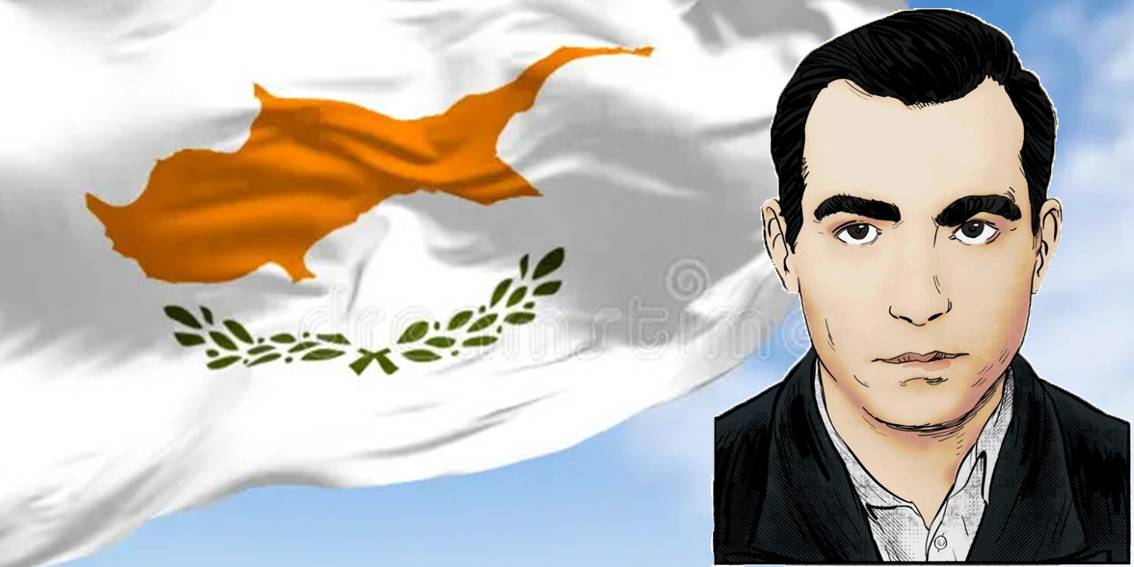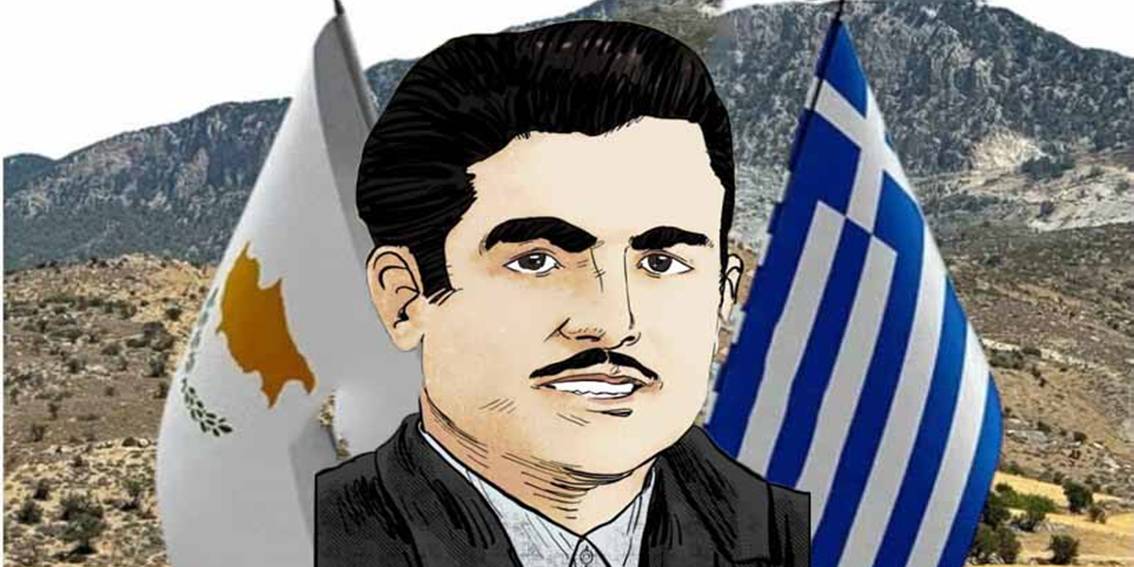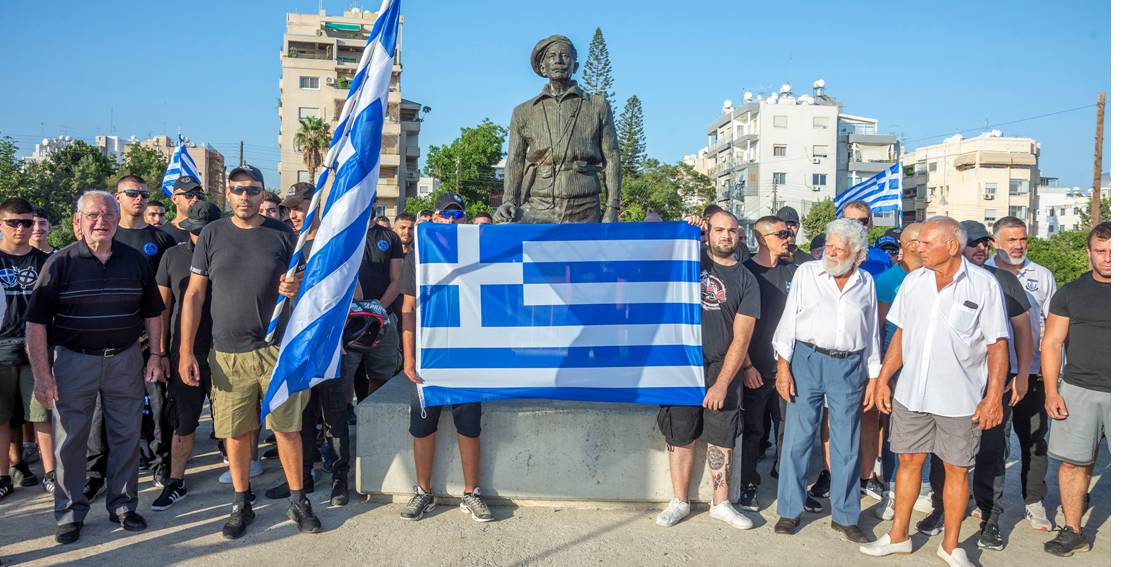A Quiet Contributor to the Cause
Spyros Chajigiakoumis was born in 1932 in the Nicosia village of Kythrea. After finishing his local primary school, he worked as a farmer. He also participated secretly and quietly in the E.O.K.A. struggle, supporting the fight for liberation away from the public eye. Following his death, his son Giannis took his father’s name in his memory, becoming Spyros.
A Village under Siege
In early October 1958, British forces imposed a house arrest order and conducted widespread searches across all seven parishes of Kythrea. On October 16, the soldiers repeated the restriction. This time, a masked traitor accompanied them. The soldiers gathered the men of the village at Kefalovrysos and began raiding houses indiscriminately. The masked man then identified suspected fighters from the line-up. His accusations led to the arrest of thirty men, including Spyros Chajigiakoumis.
Interrogation and Murder
The soldiers took Chajigiakoumis to his own home to conduct a search. There, they ordered him to move a large pile of branches that he had gathered to build a fence for his flock. He refused their command. The soldiers then transferred him to a warehouse outside the village for interrogation, and later to a facility in Nicosia where they subjected him to severe torture.
A Community’s Defiance
The house arrest in Kythrea lasted for eight days. On the final day, the British soldiers returned to the village with the body of Spyros Chajigiakoumis and headed directly for the cemetery, intending to bury him quickly. When the villagers realized their plan, they rushed into the streets, openly defying the restriction order. They snatched the corpse from the soldiers’ hands and carried it to the church. The visible wounds on his body were horrific; his legs were pierced and his head was crushed.
The Denial of Justice
The British authorities forced the villagers to conduct the burial at gunpoint. However, the presiding priest deliberately refrained from pouring soil onto the coffin, hoping the family could exhume the body later for a proper autopsy—one the British had refused to perform. To prevent this, soldiers and a helicopter guarded the grave for several days, making exhumation impossible. Although his family pursued justice through the courts, the English authorities blocked their every effort. The reason for this obstruction was, and remains, self-evident.




